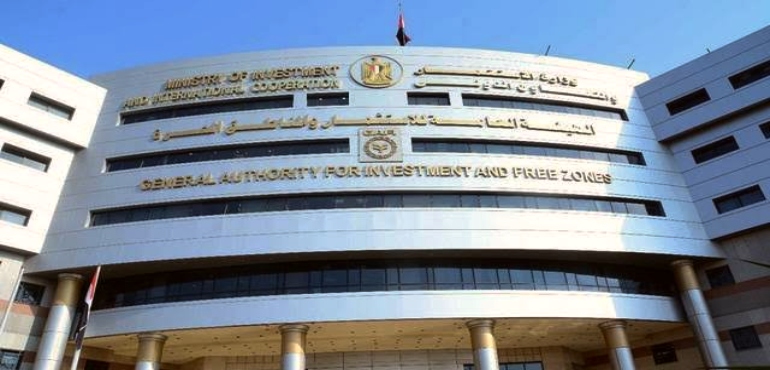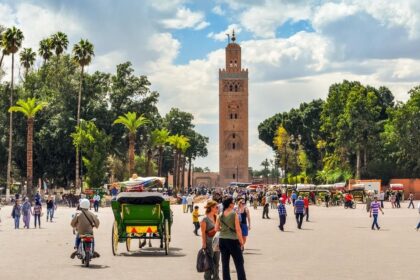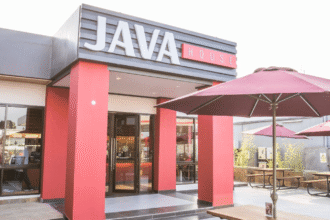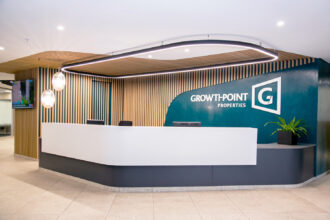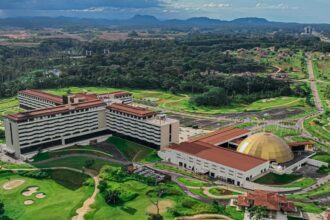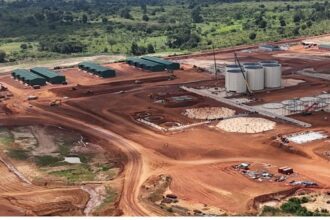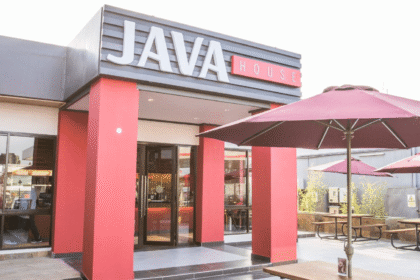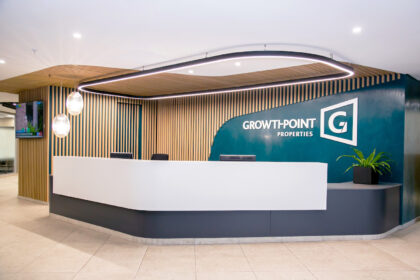At a Glance
- Swiss investment in Egypt rises to $4.9 billion, underscoring growing economic confidence.
- Egypt’s reforms drive record foreign inflows and stronger industrial partnerships with Switzerland.
- Nestlé, ABB, and Novartis expand Egyptian operations amid improved investment conditions.
Switzerland has quietly become one of Egypt’s most consistent foreign investors, with total commitments nearing $4.9 billion, according to the General Authority for Investment and Free Zones (GAFI).
The surge underscores growing confidence in Cairo’s reform-driven economy, which aims to make Egypt a regional hub for manufacturing and trade.
From Nestlé’s food plants to ABB’s automation systems, Swiss firms are deepening their footprint, drawn by Egypt’s tax incentives, improved licensing, and expanding infrastructure.
The figure, announced at the Egyptian–Swiss Business Forum in Cairo, illustrates how Swiss money has woven itself into Egypt’s industrial base, from Nestlé’s food plants and ABB’s automation systems to long-standing ventures in pharmaceuticals and textiles.
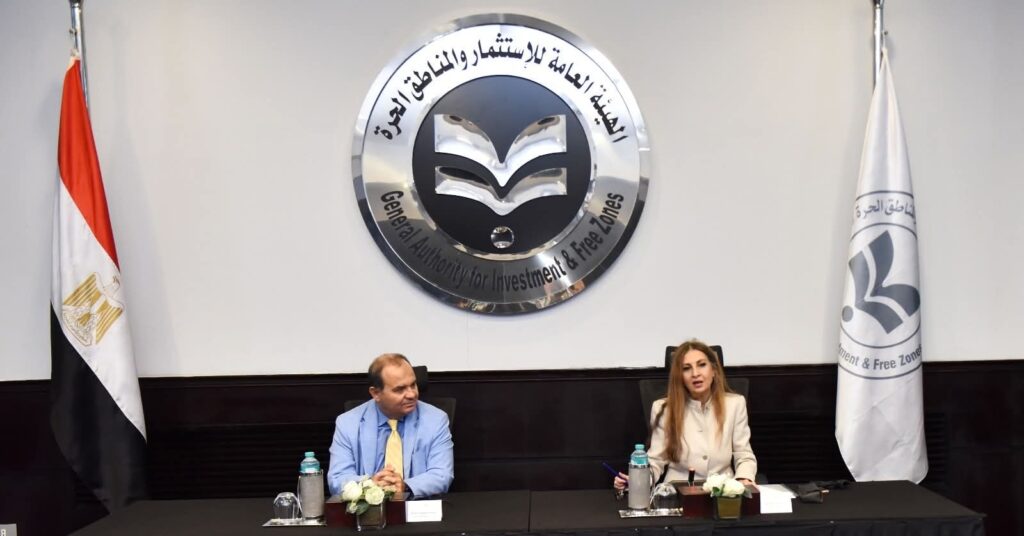
Swiss confidence grows in Egypt’s reform agenda
Egypt’s standing as an investment destination has improved in recent years as the government pressed ahead with a mix of regulatory and structural reforms. GAFI Deputy Chair Yasser Abbas told delegates that such measures helped push Egypt to ninth place in UNCTAD’s 2024 global investment ranking, drawing in $46 billion in net inflows last year.
Officials credit the progress to tax breaks for key sectors, quicker licensing for new projects, and massive spending on infrastructure—from energy to digital networks. These steps, they say, have made Egypt a practical base for European companies looking for stable access to African and Middle Eastern markets.
“Switzerland’s tradition of precision and quality fits well with Egypt’s push to deepen its industrial base,” Abbas said, urging Swiss firms to consider the free-zone projects that form part of Egypt Vision 2030.
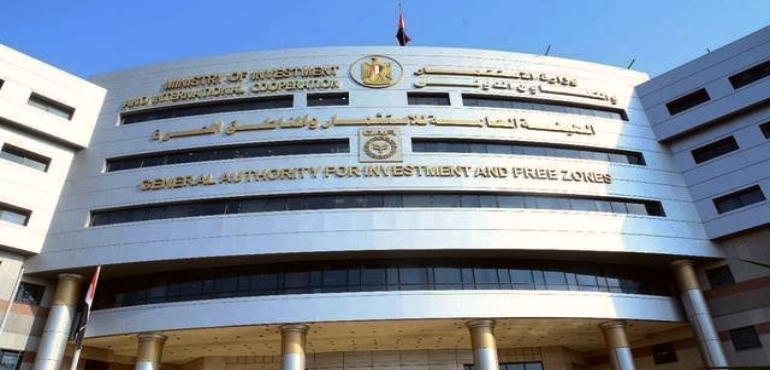
Egypt climbs global investment rankings
Swiss business ties with Egypt go back several decades. According to Kamal Abdelmalek, president of the Swiss Chamber of Commerce in Egypt, the country now hosts more than 400 Swiss-affiliated projects generating about $1.6 billion in annual turnover and employing over 10,000 people.
Nearly two-thirds of these firms have operated locally for more than 25 years, pointing to a partnership built on consistency rather than short-term gain. Nestlé, ABB, Novartis, and Roche have all expanded their Egyptian operations, adding new production lines, export facilities, and training programs.
ABB has supplied automation systems crucial to Egypt’s power and water infrastructure, while Nestlé continues to boost its food-processing capacity for domestic and regional markets. Pharmaceutical players such as Novartis and Roche have increased local research and packaging operations, serving customers across Africa and the Middle East.

Challenges and prospects ahead
Still, doing business in Egypt is not without its hurdles. Currency swings, high inflation, and import limits have all eroded margins in sectors from manufacturing to consumer goods. Bureaucratic procedures also remain a concern, and the push for higher local content has forced companies to spend more on training and supplier development.
Even so, sentiment remains broadly positive. “Egypt offers scale, location, and intent—three things investors rarely find in one place,” said a Geneva-based analyst. “Swiss firms are in it for the long run.”
Long-standing swiss ties in industry
Beyond food, pharmaceuticals, and machinery, Swiss investors are now testing the waters in renewable energy, logistics, and scientific research. Several engineering companies from Switzerland are assessing opportunities in Egypt’s expanding solar and battery-storage industries, while logistics firms are eyeing projects in the Suez Canal Economic Zone.
For Egypt, keeping investors on board will require a steady hand on economic policy and transparency in regulation. For Switzerland’s business community, the North African nation continues to stand out as a gateway to the continent—one where investment is personal, and partnerships are built patiently over time.

